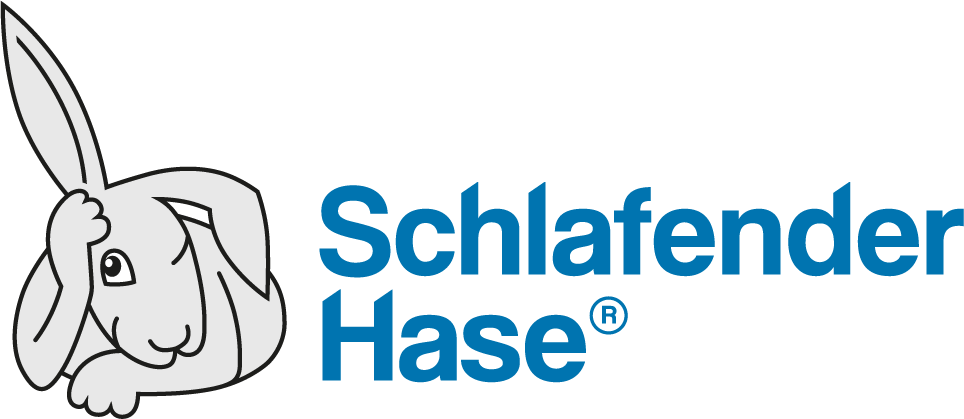September 9, 2025
Schlafender Hase Team
Navigating Agrochemical Regulatory Compliance: How to Meet Global Crop Protection Requirements
Agrochemical regulatory compliance is becoming increasingly complex. Discover how to manage evolving agrochemical regulations, improve crop protection compliance, and reduce risk.
- September 9, 2025
- By: Marc Chaillou
6 minutes read
Navigating Agrochemical Regulatory Compliance: How to Meet Global Crop Protection Requirements
Agrochemical regulatory compliance is becoming increasingly complex. Discover how to manage evolving agrochemical regulations, improve crop protection compliance, and reduce risk.














